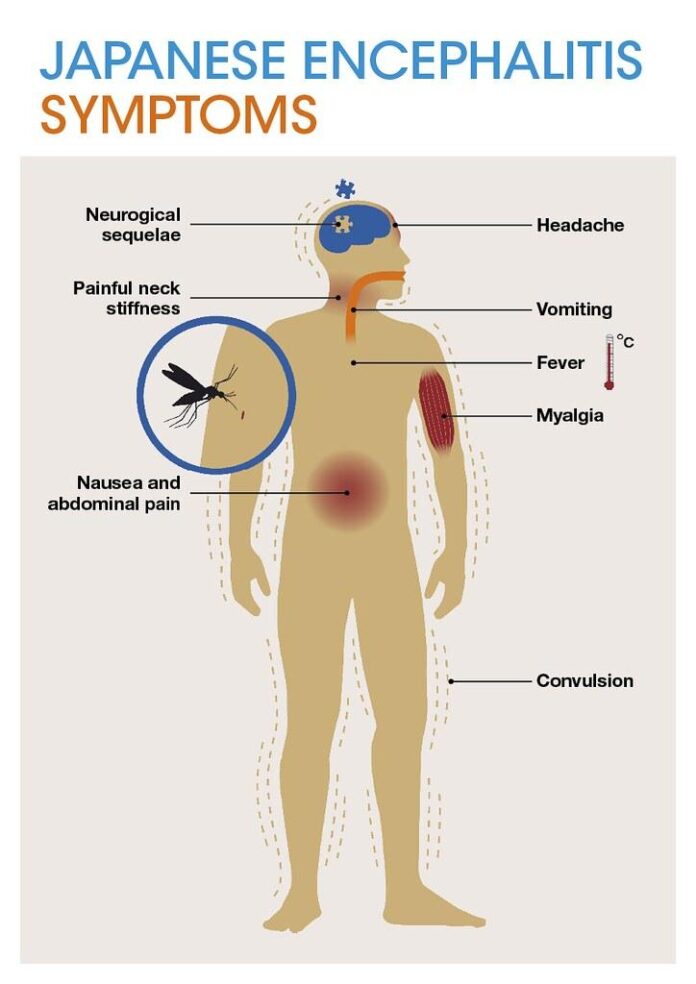
When it comes to kidney cancer, early detection is crucial for successful treatment. Understanding the symptoms of kidney cancer can help individuals recognize any potential issues and seek medical attention promptly. Kidney cancer is one of the 10 most common cancers in both men and women, and it’s important to be proactive in monitoring our health to catch any potential problems early on.
In this article, we will explore the various symptoms of kidney cancer, as well as the importance of seeking medical advice if any of these symptoms are present. By being aware of the signs of kidney cancer, individuals can take proactive steps towards their health and well-being.
1. Blood in the Urine
Blood in the urine, also known as hematuria, is one of the most common symptoms of kidney cancer. This can present as pink, red, or cola-colored urine, and can indicate the presence of kidney cancer or other urinary tract issues. It’s important to seek medical attention if blood is present in the urine, as it can be a sign of a more serious underlying condition.
2. Persistent Pain in the Side or Back
Another common symptom of kidney cancer is persistent pain in the side or back. This can be a dull ache or sharp pain and may not go away over time. The pain may be felt on one side of the body and can be a sign that the cancer is growing and putting pressure on surrounding tissues and nerves. If you experience persistent pain in the side or back, it’s important to speak with a healthcare professional.
3. Unexplained Weight Loss
Unexplained weight loss can be a symptom of various health conditions, including kidney cancer. If an individual is losing weight without making any changes to their diet or exercise routine, it’s important to speak with a doctor. Unexplained weight loss can be a sign that the body is fighting off an underlying illness, and it’s crucial to investigate the cause.
4. Fatigue and Weakness
Feeling consistently fatigued and weak can be a symptom of kidney cancer. While many factors can contribute to fatigue, it’s important to monitor any persistent feelings of weakness and exhaustion. Kidney cancer can cause the body to produce hormones that can lead to anemia and fatigue, so it’s important to get checked if these symptoms persist.
5. Swelling in the Legs and Ankles
Swelling in the legs and ankles, also known as edema, can be a symptom of kidney cancer. This occurs when the cancer affects the flow of blood and lymph, leading to a buildup of fluid in the lower extremities. If you notice persistent swelling in the legs and ankles, it’s important to consult with a healthcare professional to investigate the underlying cause.
6. Loss of Appetite
A loss of appetite can be an early symptom of kidney cancer. If you find yourself consistently uninterested in food and experiencing a decreased appetite, it’s important to speak with a doctor. Loss of appetite can be a sign that the body is struggling with an underlying health issue, and it’s important to address any potential concerns early on.
7. Fever and Night Sweats
Fever and night sweats can be symptoms of kidney cancer, especially as the cancer progresses. If you experience unexplained fevers or night sweats that are not related to an underlying infection, it’s important to seek medical attention. Kidney cancer can cause the body to produce certain hormones that can lead to these symptoms, so it’s important to speak with a healthcare professional.
8. Persistent Cough or Chest Pain
If kidney cancer spreads to the lungs, it can cause a persistent cough or chest pain. These symptoms may indicate that the cancer has progressed and affected other areas of the body. If you experience ongoing coughing or chest discomfort, it’s important to consult with a healthcare professional to determine the cause.
9. Shortness of Breath
If kidney cancer has spread to the lungs, it can lead to shortness of breath. This can occur as the cancer affects the respiratory system and makes it difficult to breathe comfortably. If you find yourself consistently short of breath, it’s important to speak with a doctor to investigate the cause and explore potential treatment options.
10. General Malaise and Overall Feeling of being Unwell
Lastly, a general feeling of being unwell can be a symptom of kidney cancer. If you experience ongoing feelings of malaise and a sense of overall discomfort, it’s important to seek medical advice. These symptoms can indicate that the body is struggling with an underlying illness, and it’s important to address any potential concerns promptly.

















